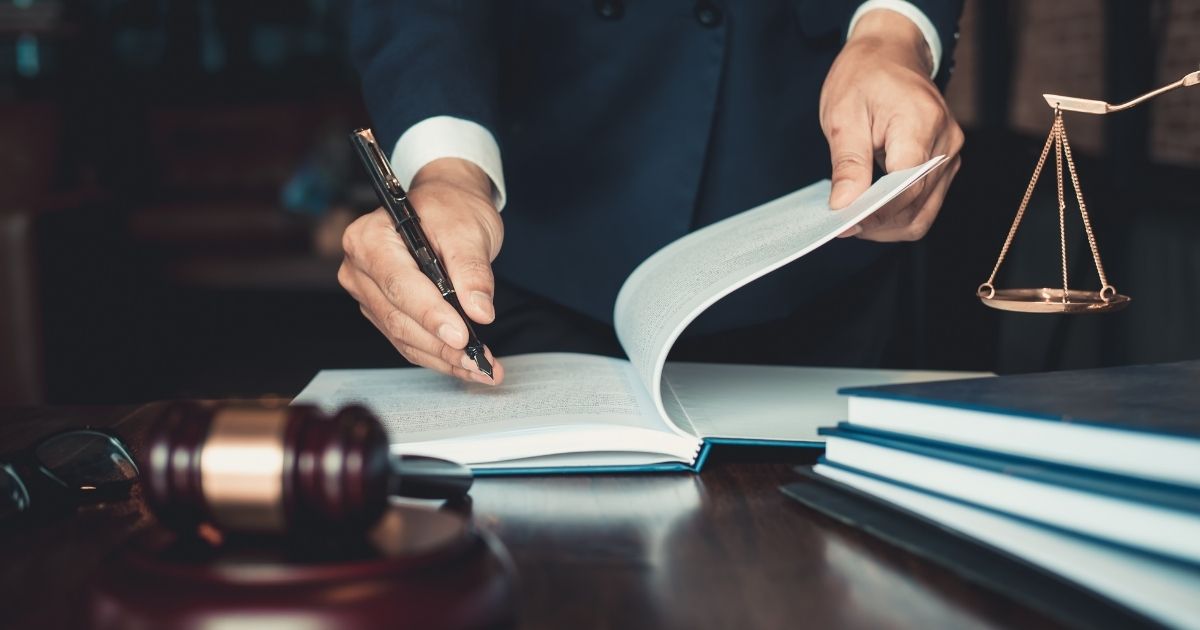Discovery in Commercial Litigation

Many people think the trial is the most important part of the commercial litigation process. In actuality, the case will rarely reach the point of a trial. Both parties realize their risk and what they may have to lose, and they would get a settlement before the case goes to a judge or jury. What happens before the trial will determine the strength of each party’s case and their position in settlement negotiations. Discovery is the most essential part of the lawsuit because it is where you will build your case.
You would begin the discovery process after the complaint and answer to the complaint are filed or after the judge has ruled on the initial motions to dismiss the case. Each party has the right to seek evidence from the other side. You may begin your case with evidence of your own and an idea of what may be in the other party’s possession, but you never know until you seek and receive the evidence.
You can seek discovery through the following methods:
- Request for production of documents.
- Request for admission.
- Interrogations.
- Depositions.
Discovery Is Time-Consuming
Discovery is a process that could often last up to a year or more. It is very technical and extremely resource-intensive. Your lawyer would need to do an extensive amount of work in advance of discovery to prepare your requests. They would know what they would be looking for in the case. Also, your attorney will continue to build out your case as you receive responses from the other party to your discovery requests.
You need to be extremely careful when crafting or responding to discovery questions. You need to be responsive to the questions but do not want to volunteer more information than necessary. At the same time, you must ensure that the other party answers the questions submitted to them.
In addition, you would need to be prepared to produce and review voluminous amounts of evidence. Discovery is extremely document-intensive. Most often, documents are in the form of electronic files. Before you can produce documents for the other party, you need to review what you are producing to ensure that you are not handing over irrelevant or privileged documents. At the same time, you also need to sort and comb through scores of documents the other party is handing you.
The Role of Depositions in Discovery
Depositions are one of the crucial parts of the discovery process. Here, your lawyer could question the other party’s witnesses under oath. One of the purposes of depositions is to get witnesses on the record in case they try to testify at trial inconsistently. In addition, you would seek to learn more facts that you can use at trial. Just like your lawyer can depose the other party’s witnesses, they can also depose you and your witnesses. With your lawyer defending you, you should be prepared to answer questions under oath for up to several hours.
Discovery often results in a large amount of disputes between the parties. Often, either party would need to go to the judge to file or respond to a motion to compel the production of evidence. In many cases, the results of these rulings could play a large part in determining the case’s outcome.
Our New Jersey Commercial Litigation Lawyers at Herold Law, P.A. Will Help You With Discovery
If you find yourself locked in a dispute, you will need legal help from our New Jersey commercial litigation lawyers at Herold Law, P.A. We can help you strategize and work for you to be as effective as possible in the discovery process. Call 908-679-5011 or contact us online to schedule a consultation. Located in Warren, New Jersey, we serve clients in Somerville, Morristown, and across New Jersey.




 908-679-5011
908-679-5011



